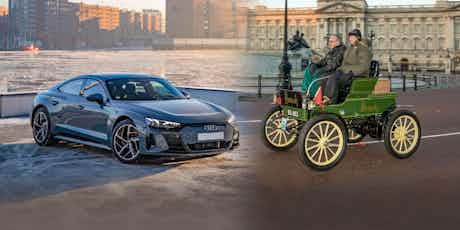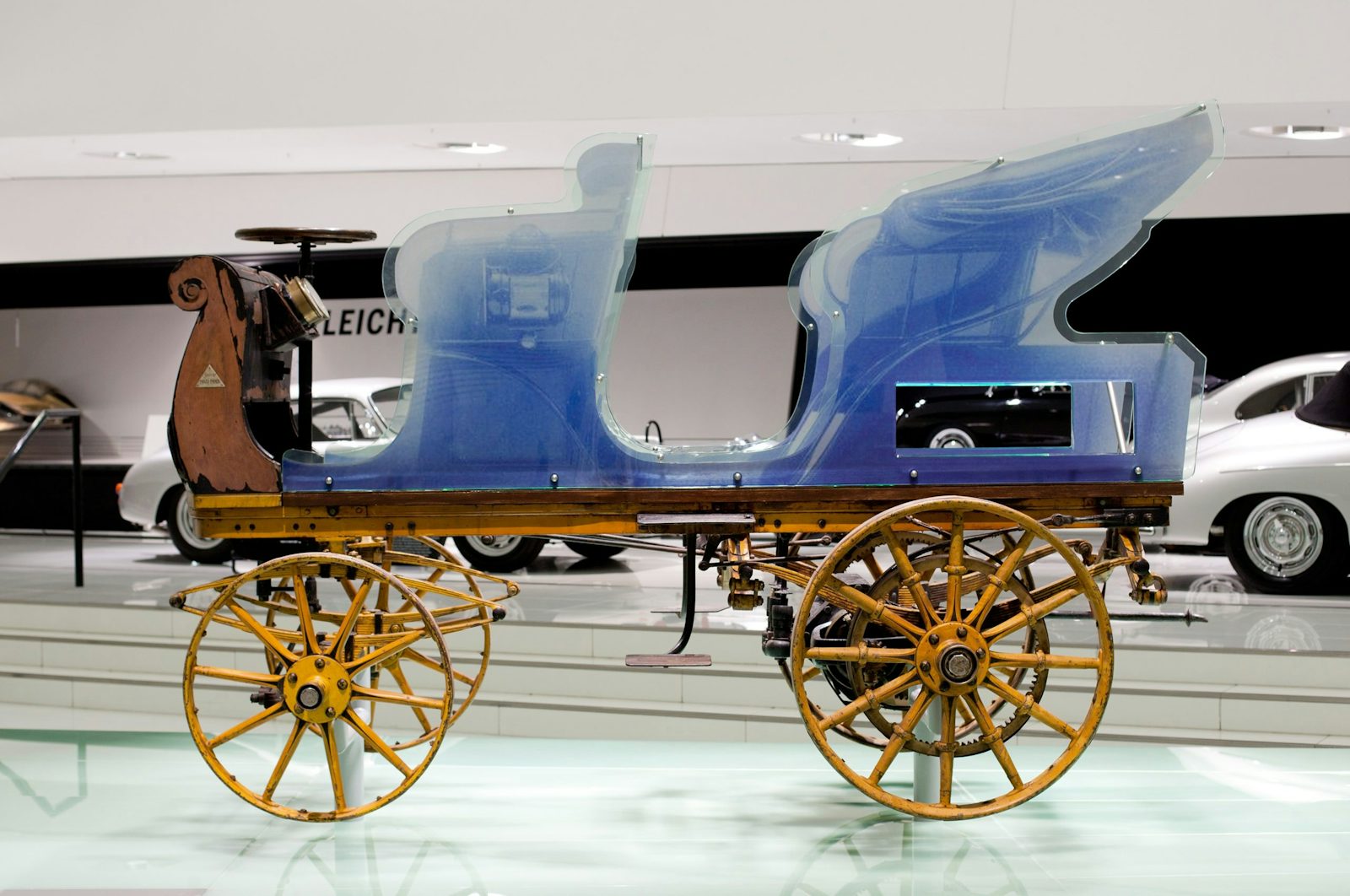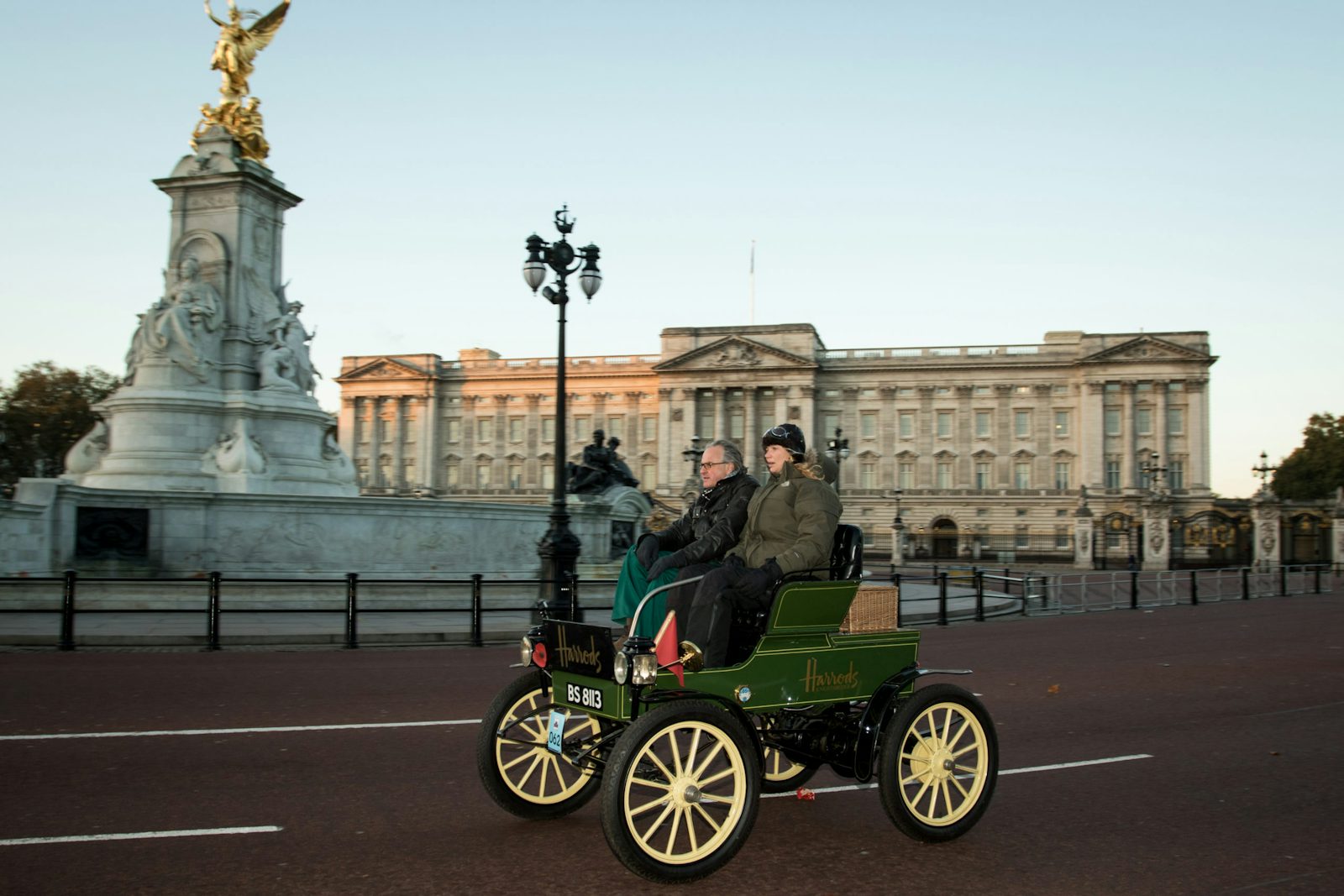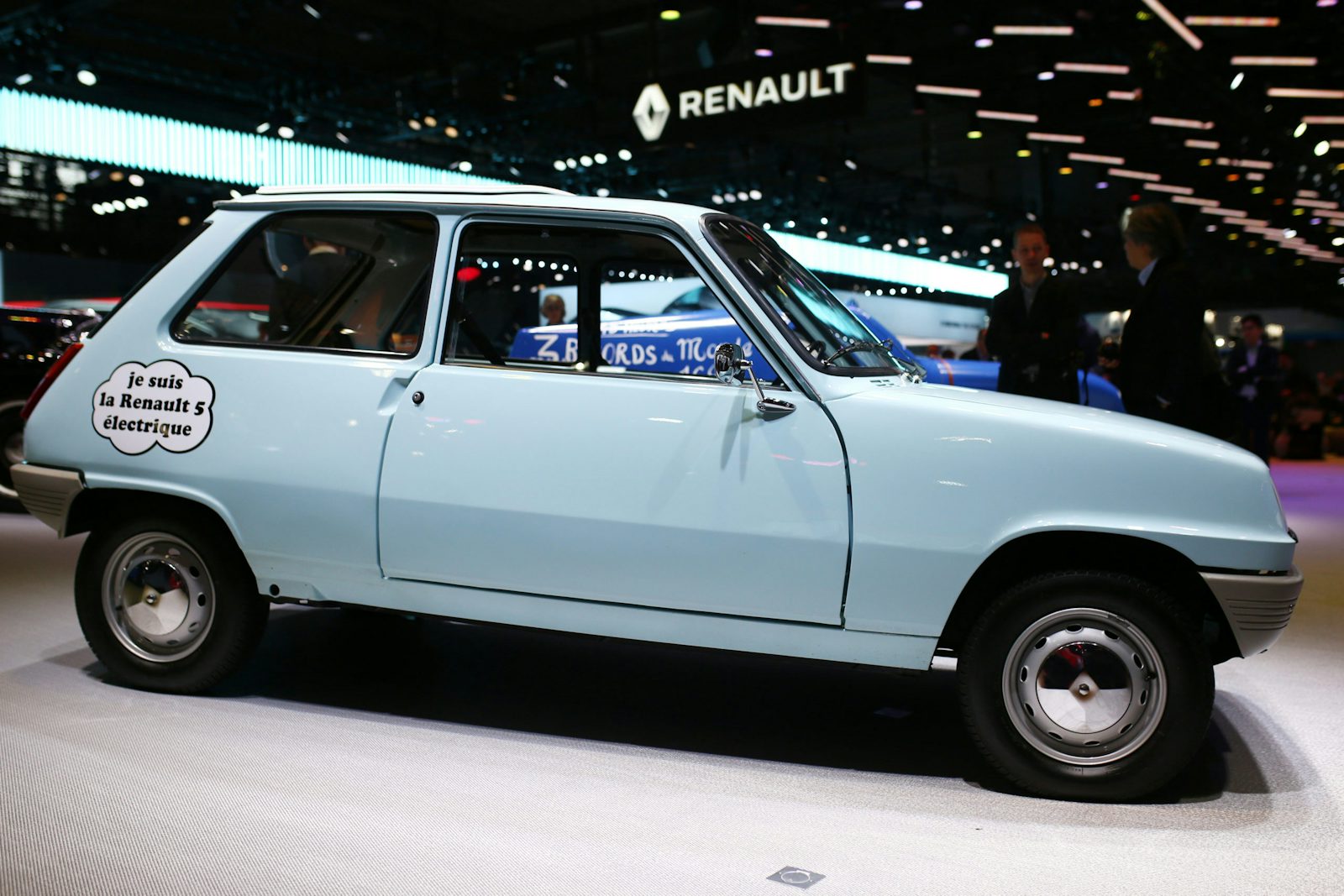When was the first electric car made? A history of the electric car
April 09, 2021 by Ryan Hirons

Electric cars have surged in numbers and popularity in recent years, but their significance goes back far further than that. In fact, the electric cars of today like the Tesla Model 3 and VW ID4 can find their earliest ancestors at the dawn of the car industry.
Depending on who you ask, electricity actually precedes some of the earliest combustion-powered production cars.
As early as 1884, the English inventor Thomas Parker was building prototype versions for an all-electric road car of his own design – around a year before Karl Benz completed work on what would end up becoming his petrol-engined Patent Motorwagen.

In the years to come, plenty more pure-electric cars would arrive on the scene – ranging from more compact offerings like the 1888 Flocken Elektrowagen two-seater horseless carriage to the fleets of electric taxi cabs that began collecting fares in New York during the 1890s. Even the Harrods department store saw potential in electric vehicles, as it used cars like this 1901 Pope Waverley for light delivery duties around London.
One particularly interesting EV from this time was the Egger-Lohner C2 Phaeton from 1898, as it was the first vehicle to be designed by Ferdinand Porsche – more than 120 years before the company that bears his name launched its inaugural electric car, the Porsche Taycan.

While the electric cars from this era were very crude and rudimentary by today’s standards, some of the plus-points from those early models have carried over to the 21st Century. Compared with the petrol- and steam-powered cars that were around at the same time, electric cars were generally more straightforward to drive and maintain, and there was an appeal in the fact they didn’t produce any noise or emissions.
It helped too that it was much easier to start up an electric car. Back in those days, the only way to get a petrol engine going was to use a starting handle, and it could take several minutes to build up enough pressure in the boiler of a steam car for it to drive under its own power.

However, the tide would soon start turning against the electric car. Innovations like electric starter motor technology helped improve the usability of petrol cars, and the pioneering of the car factory mass production line played a pivotal role in making petrol cars more affordable. Factor in the improving fuel station infrastructure, and it’s perhaps no surprise that electric road cars had pretty much died out by the 1930s.
It wouldn’t be until the 1960s and 1970 when, in response to growing concerns over pollution, air quality and rising fuel prices, electric cars entered the picture in a more prominent capacity again. It’s also during this time where the origins of some of today’s electric cars can be found – the Renault Zoe supermini can trace its spiritual roots back to the humble Renault 5 Electrique from 1972, and the VW ID3’s family tree began nearly 50 years ago with the 1976 Volkswagen Elektro-Golf.

An array of electric vehicles would hit the roads in the intervening years – in particular on the other side of the pond, where cars like the pioneering General Motors EV1 gave American drivers in the 1990s a taste of what was to come. However, it was during the 2010s when electric cars started going mainstream here in the UK.
Cars like the Nissan Leaf and the quirky Mitsubishi i-MiEV from 2010 were proof it was possible to make a usable electric hatchback – and, later down the line, the Tesla Model S with its claimed 242+ miles of driving range when it arrived on our shores in 2014 showed they could cover sizeable distances between charges, too.

In the decade or so since those cars burst onto the scene, a combination of factors like ever-tougher emissions regulations and the improvements in battery tech affordability have paved the way for the electric vehicle resurgence we’re seeing today. It’s also helped bring about a huge variety of new electric cars, too – ranging from dinky city cars like the Seat Mii Electric and more family-friendly options such as the Ford Mustang Mach-e, to outrageously fast performance cars along the lines of the Audi e-tron GT.
Electric cars have had lots of ups and downs in their long and storied history.
But, with more new battery-powered cars going on sale every year and a growing number of car manufacturers pledging to go electric-only in the not-too-distant future, it looks like they’re very much here to stay this time around.















